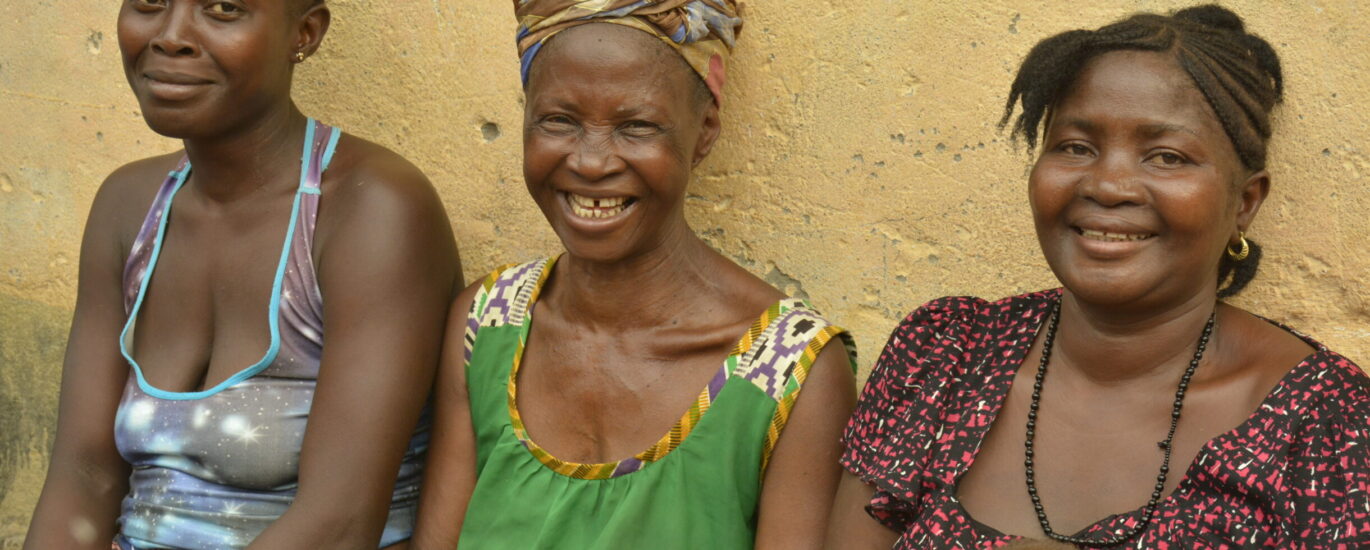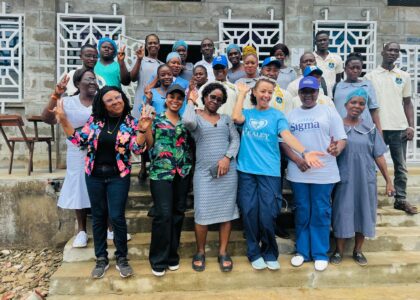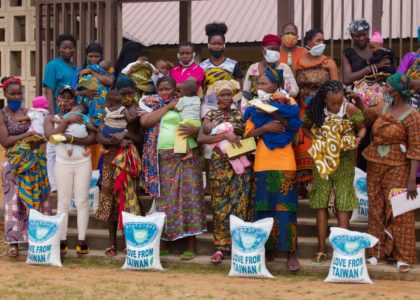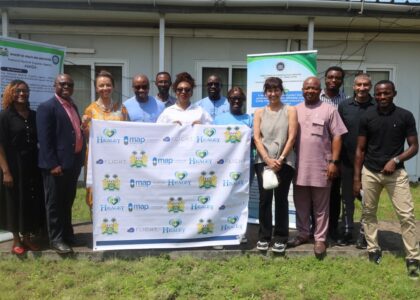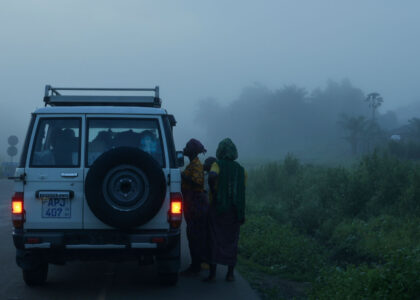At Healey International Relief Foundation (HIRF), we believe that when women grow food, they grow futures. For years, HIRF has partnered with women farmers across Sierra Leone—not only because they are stewards of the land, but because they are agents of transformation within their communities.
Post-Conference Follow-up
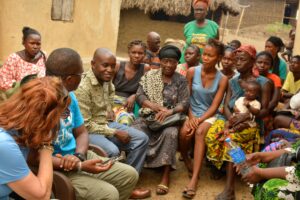
During a collaborative planning session earlier this month, our team sat down with members of the Sisters Reintegration for Development (SRD), a dynamic community-based agricultural cooperative in the rural village of Gbalehun, about 20 miles from Bo. This meeting followed a powerful learning exchange: the women had previously participated in HIRF’s Sustainable Agriculture and Business Development Symposium for Women’s Agricultural Ventures that was held in partnership with Njala University, and funded by the U.S. Embassy, Sierra Leone. We wanted to see how they were putting their knowledge into action.
SRD is composed of 25 women—many of them single mothers—who grow a diverse array of crops including rice, cassava, beans, groundnuts, yams, and peppers. Their agricultural work sustains not only their families but also the local economy, with produce regularly sold at the Bo market. With partners having migrated to distant mining areas in search of work, these women have become the backbone of their households and their village.
The women shared that the past training was very useful and had equipped them with practical skills—from understanding planting cycles to using organic pest control methods—and just as importantly, it had cultivated teamwork and strengthened their resolve to support one another. SRD has become more than a cooperative; it’s a sanctuary of resilience, purpose, stability, community cohesion and shared progress.
From Learning to Action
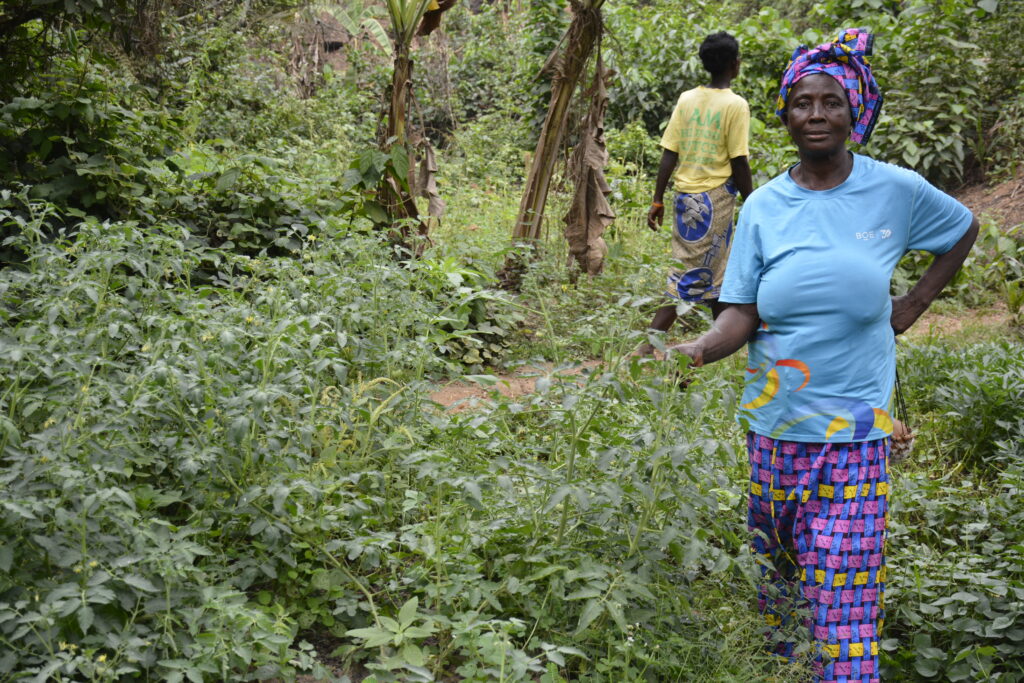
Now, they are ready to grow even more.
They want to move forward and expand their farming efforts to increase yields and income. During a visit to their fields, we witnessed both the pressing challenges and the immense potential. The women emphasized a renewed focus on rice—Sierra Leone’s most consumed staple food.
Despite its prominence in the national diet, domestic production still lags behind demand, leading to costly imports and persistent food insecurity particularly in rural communities.
SRD sees rice cultivation not just as a livelihood, but as a path to both a strategic and sustainable approach to reduce dependency on imports and enhance national food sovereignty.
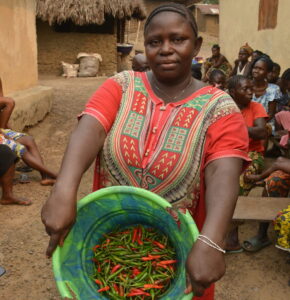
In addition, the women also plan to scale up cassava and sweet potato production by clearing and cultivating new land, with hopes of entering broader markets. But to achieve this, they need access to more tools, capital, and more targeted training.
They voiced a strong desire to deepen their knowledge in climate-resilient farming, business planning, and cooperative enterprise development.
They are not just thinking about their next harvest—they are thinking about the next generation.
HIRF Commitment
Vicki Middleton, HIRF’s Director of Development and Government Affairs, who had met with the women, captured the spirit of the encounter, “What we are witnessing in Gbalehun is not just agriculture—it’s transformation. These women are rewriting the narrative of rural development through their courage, collaboration, and commitment to growth.”
“At HIRF, we understand that farming is not an isolated activity; it intersects with education, health, and economic justice. We are proud to stand with SRD and women’s cooperatives across Sierra Leone, ensuring they have the tools, training, and trust they need to thrive. Their strength is our shared future. We remain committed to walking alongside women farmers like those in SRD—women who are planting seeds not only in the soil, but in the soul of their communities,” stated Josephine Garnem, HIRF Executive Director.

